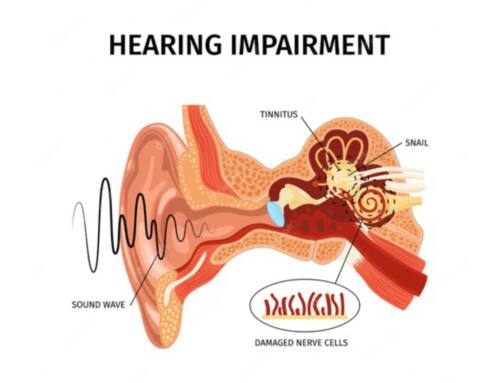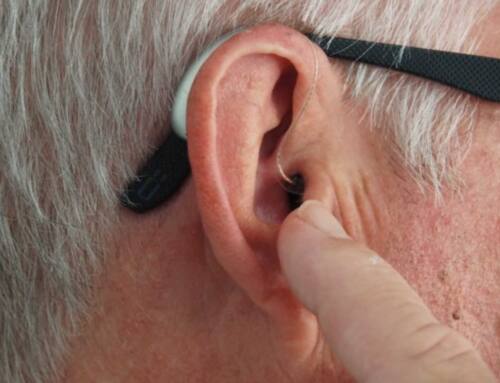
Ever hear crackling, buzzing, or thumping sounds that seem to come out of nowhere? If you use hearing aids, it could mean that they require adjustment or aren’t properly fitted. But if you don’t wear hearing aids the sounds are originating from inside your ear. But don’t stress. Our ears are a lot more complex than most of us may think. Here are some of the more common sounds you may hear inside your ears, and what they may indicate is going on. You should schedule a consultation with a hearing specialist if any of these are lowering your quality of life or are irritating and persistent, even though the majority are short-term and harmless.
Crackling or Popping
When there’s a pressure change in your ears, whether it’s from altitude, going underwater or simply yawning, you could hear popping or crackling noises. The eustachian tube, a tiny part of your ear, is where these sounds originate. The crackling takes place when these mucus-lined passageways open up, permitting fluid and air to circulate and relieving the pressure in your ears. Occasionally this automatic process is interrupted by inflammation triggered by an ear infection or a cold or allergies which gum the ears up. Surgery is sometimes needed in extreme cases when the blockage isn’t improved by antibiotics or decongestants. If you’re having lasting ear pain or pressure, you probably should consult a specialist.
Could The Buzzing or Ringing be Tinnitus?
Again, if you use hearing aids, you may hear these kinds of sounds if they aren’t fitting correctly within your ears, the volume is too high, or your batteries are running low. If you aren’t wearing hearing aids, earwax could be your issue. Itchiness or even ear infections make sense with earwax, and it’s not surprising that it could make hearing difficult, but how could it create these noises? The buzzing or ringing is caused when the wax is pressing on the eardrum and suppressing its movement. The good news is, it’s easily solved: You can get the excess wax removed professionally. (This is not a DIY task!) Tinnitus is the name for persistent buzzing or ringing. There are a few forms of tinnitus including when it’s caused by earwax. Tinnitus isn’t itself a disorder or disease; it’s a symptom that suggests something else is going on with your health. While it might be as simple as the buildup of wax, tinnitus is also linked to afflictions like depression and anxiety. Tinnitus can be alleviated by managing the underlying health problem; talk to a hearing specialist to learn more.
Rumbling
This sound is caused by our own body and is much less common. Do you know that rumble you can hear sometimes when you have a really big yawn? There are little muscles in the ear that contract to help lessen the internal volume of some natural actions such as your own voice or chewing or yawning, It’s the tightening of these muscles in response to these natural sounds that we hear as rumbling. Activities, such as yawning and chewing, are so near to your ears that though they are not very loud, they can still be damaging to your hearing. (But talking and chewing not to mention yawning are not optional, it’s lucky we have these little muscles.) It’s very unusual, but some people can control one of these muscles, they’re called tensor tympani, and they can create that rumble whenever they want.
Thumping or Pulsing
If you occasionally feel like you’re hearing your heartbeat inside your ears, you’re most likely right. The ears have some of the bodies biggest veins running near them, and if you have an elevated heart rate, whether from that big job interview or a tough workout, your ears will detect the sound of your pulse. Pulsatile tinnitus is the term for this, and when you go to see a hearing specialist, unlike other forms of tinnitus, they will be able to hear it also. While it’s absolutely normal to experience pulsatile tinnitus when your heart’s racing, if it’s something you’re dealing with on a daily basis, it’s a smart step to see your physician. Like other sorts of tinnitus, pulsatile tinnitus is a symptom not a disease; if it continues, it may indicate a health issue. But if you just had a hard workout, you should stop hearing it as soon as your heart rate goes back to normal.



Leave A Comment
You must be logged in to post a comment.